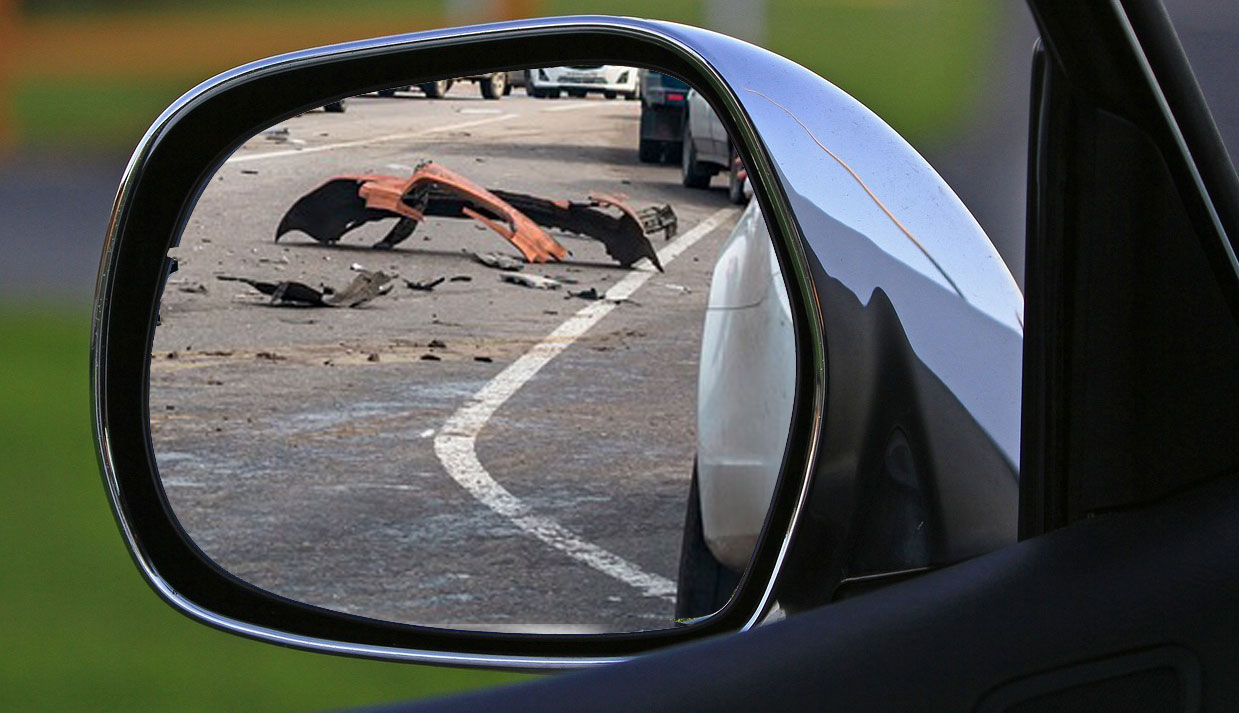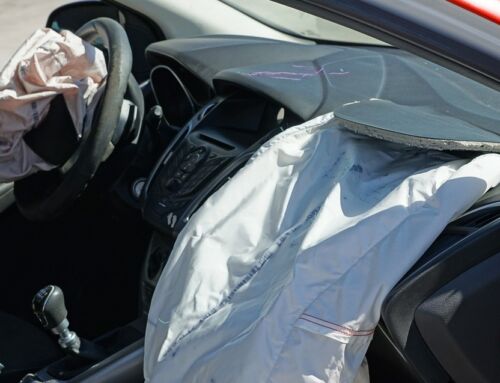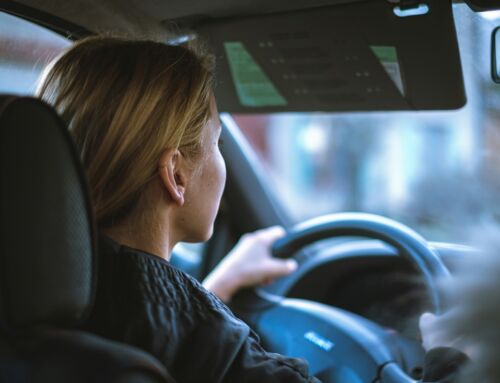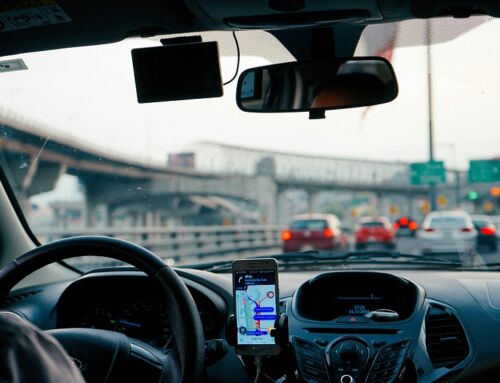Car accidents can be traumatic experiences, often causing not only physical injuries, but also significant financial distress. When involved in a collision, you might expect to work with your personal injury lawyer to negotiate compensation with the at-fault party’s insurance company. However, what happens when the responsible driver flees the scene, leaving you in a state of uncertainty? In Indiana, like in many other states, hit-and-run accidents pose unique challenges. This article explores the steps you should take and the options available for compensation if you find yourself in such a situation.
In the immediate aftermath of a hit-and-run accident, two things should be a top priority; seeking medical care and involving law enforcement. Even if you believe your injuries are minor or not immediately apparent, it’s still crucial to seek medical attention. Some injuries, like head trauma or whiplash, may not manifest immediately but can have severe consequences if left untreated.
Contacting law enforcement is essential, especially in hit-and-run incidents where the responsible driver has fled. Officers not only assist in providing first responder care to the injured, but also play a pivotal role in tracking down the driver who left the scene. In Indiana, the at-fault driver who flees an accident remains responsible for covering expenses incurred by the injured party.
Per Indiana law, hit-and-runs can result in serious criminal charges for offenders, including up to one year in jail and fines of up to $5,000. Penalties will be more severe if catastrophic injuries or death occur. And with an exponential implementation of video surveillance equipment by local and state municipalities, businesses, and even residential homeowners, it is becoming increasingly more difficult for hit-and-run offenders to get away with their crimes.
If you have health insurance, it should be the first option to consider when paying your medical bills after an accident. In situations where the at-fault driver remains unidentified, you still have a path to compensation. This avenue is through the uninsured or underinsured motorist (UM/UIM) coverage within your car insurance policy. This provision essentially grants you the right to seek compensation for your injuries and property damage from your own insurance company when the responsible party is untraceable. However, although insurers in Indiana are required to include UM/UIM coverage on a policy, it can be rejected in writing by the insured, so not everyone will have this option available.
In some instances, insurance companies may resist paying out, even under this provision. In such circumstances, you have the option to file a bad faith insurance claim against your insurer. Bad faith insurance claims allege that the insurance company has not acted in accordance with the terms of the policy and has unfairly denied your claim. It’s essential to consult with an experienced attorney to guide you through this process.
Being involved in a hit-and-run car accident in Indiana can be distressing, but it doesn’t mean you are without options for compensation. By taking swift action, seeking medical care, involving law enforcement, and understanding your insurance policy’s provisions, you can navigate the complex aftermath of a hit-and-run accident. Remember, consulting with a knowledgeable personal injury attorney can provide invaluable guidance during this challenging time.
If you’ve been involved in an auto accident, including one involving a hit-and-run driver, contact Hurst Limontes to discuss your options. We have over a century of combined experience fighting for our clients in any number of personal injury claims. We work on a contingency basis, meaning there is no cost to you unless we reach a settlement or jury verdict award on your behalf.
Call 317-636-0808 or complete the form below for a FREE and confidential consultation.





